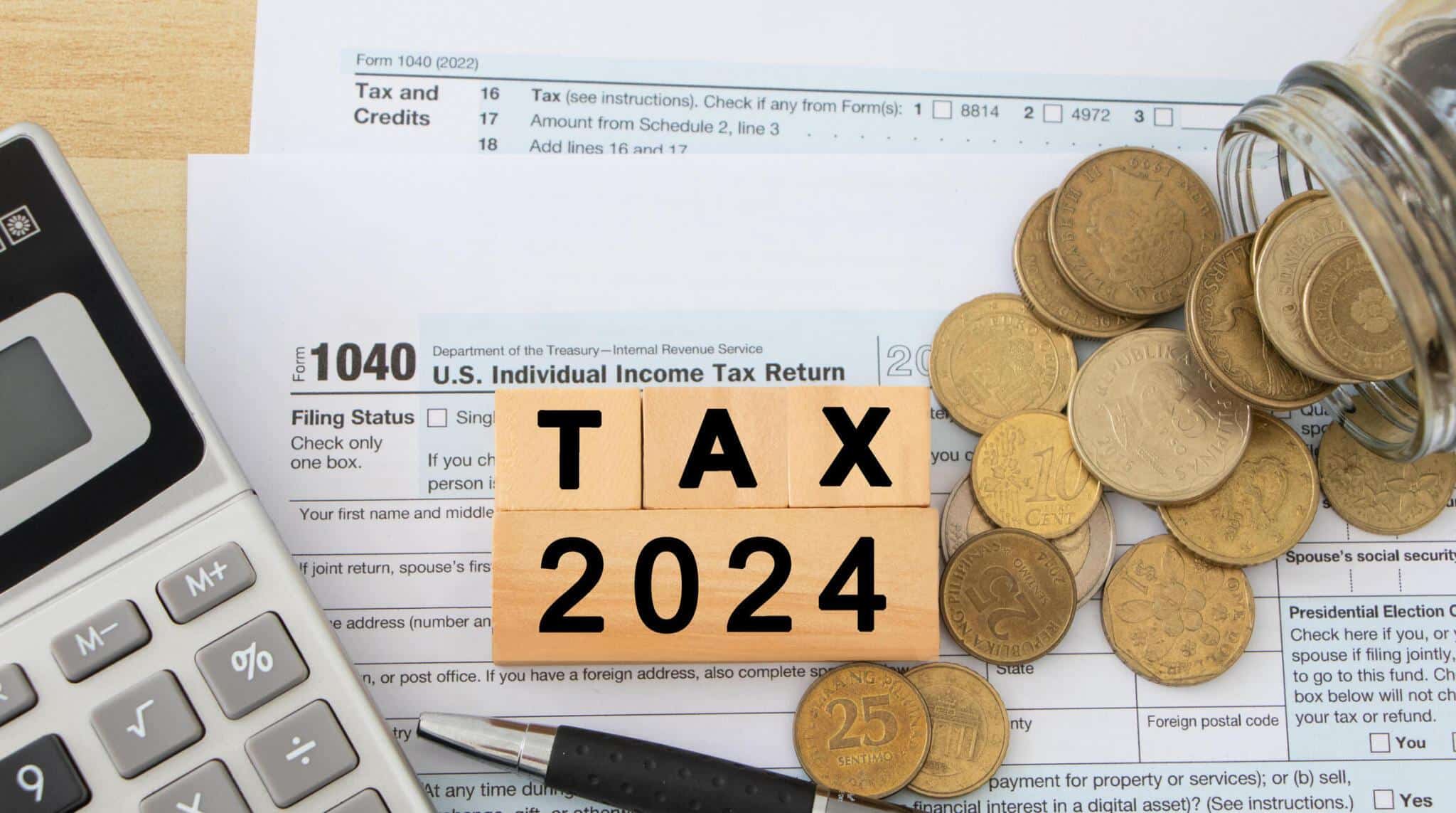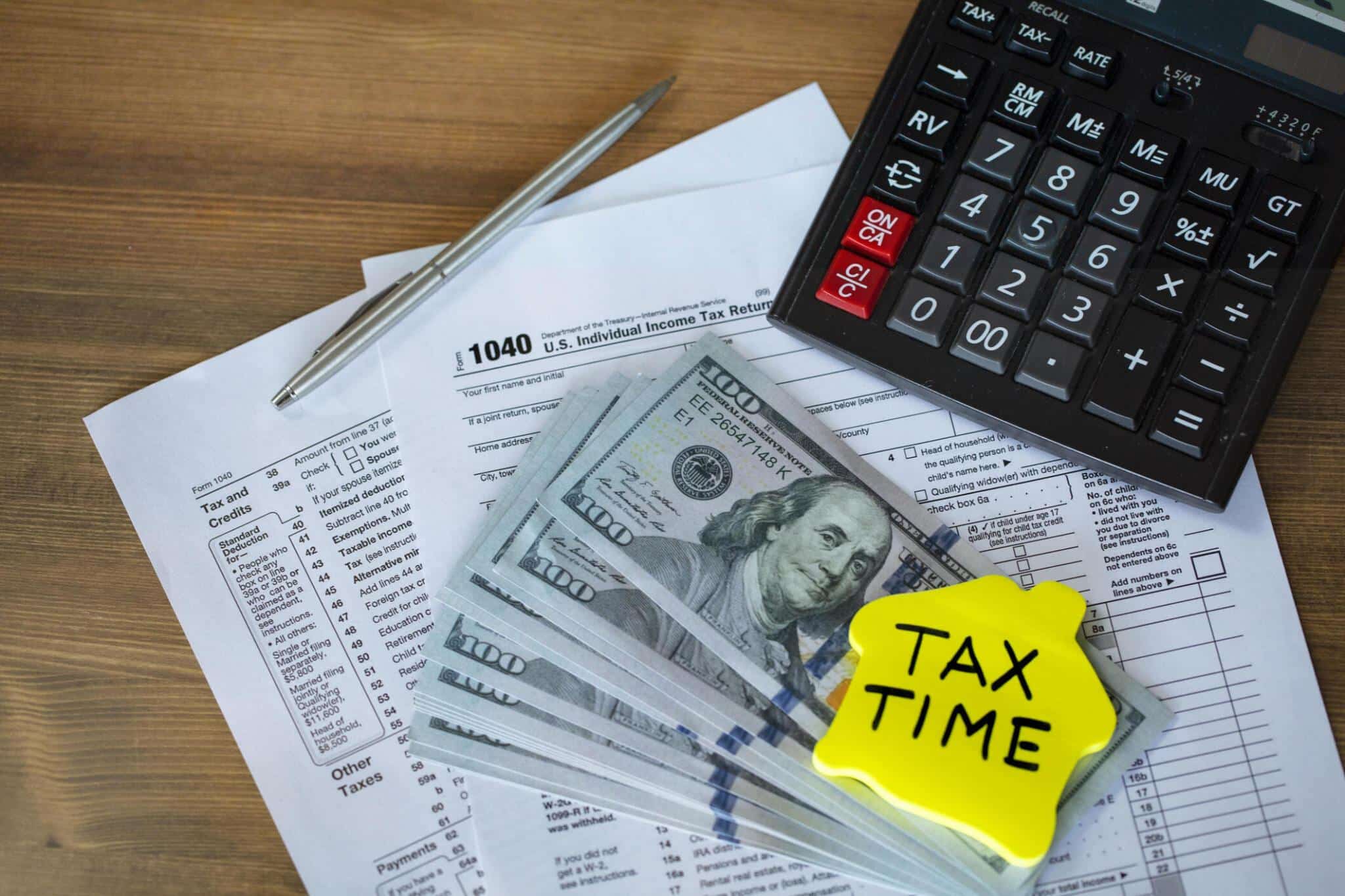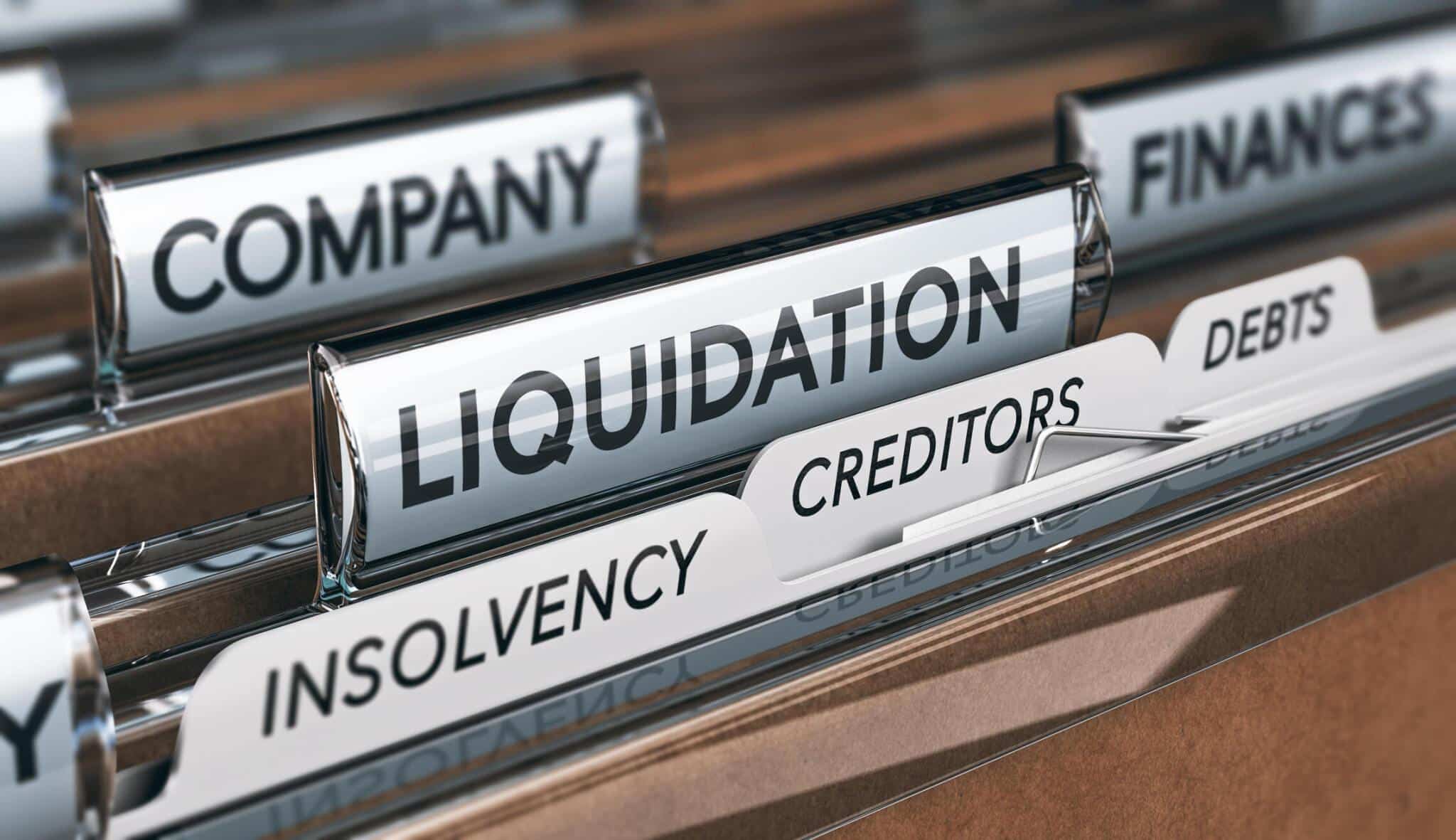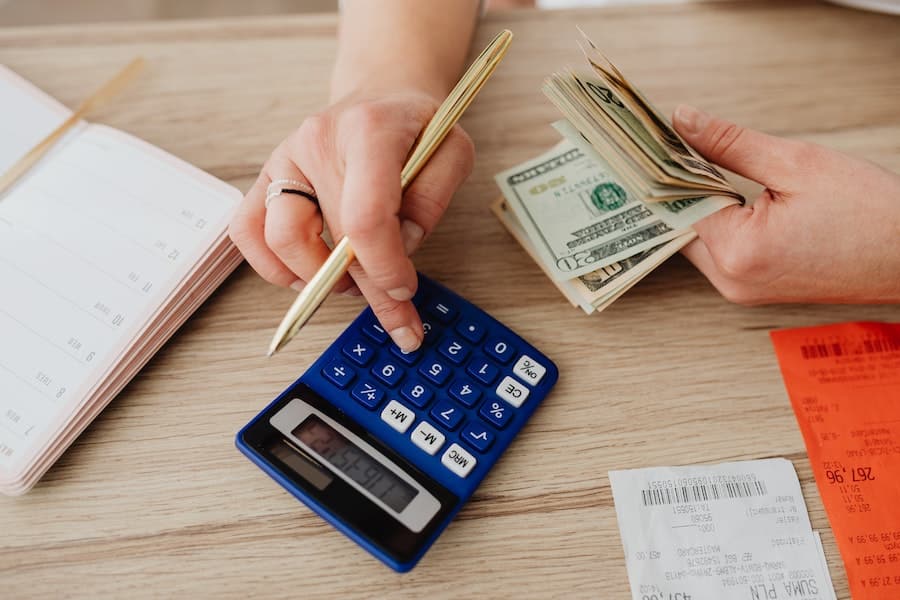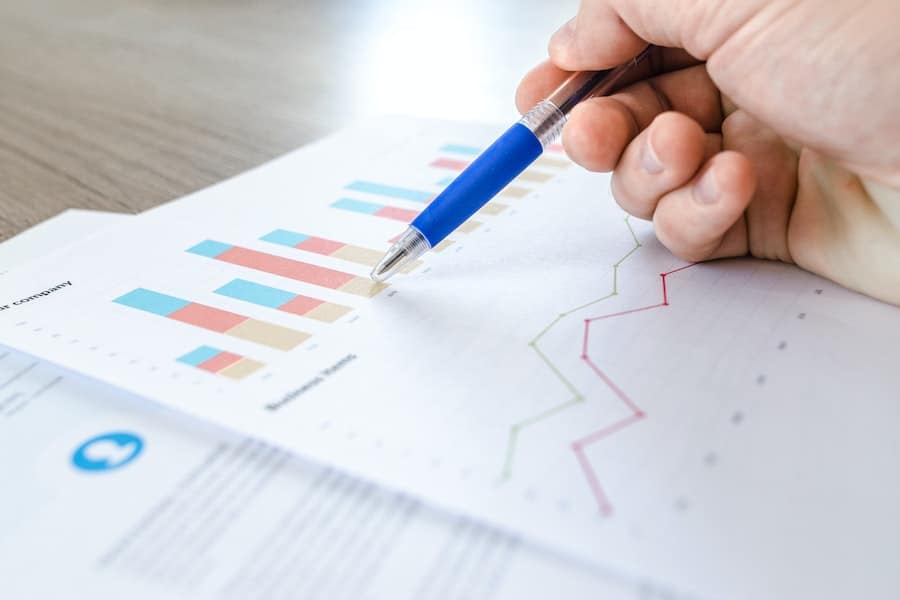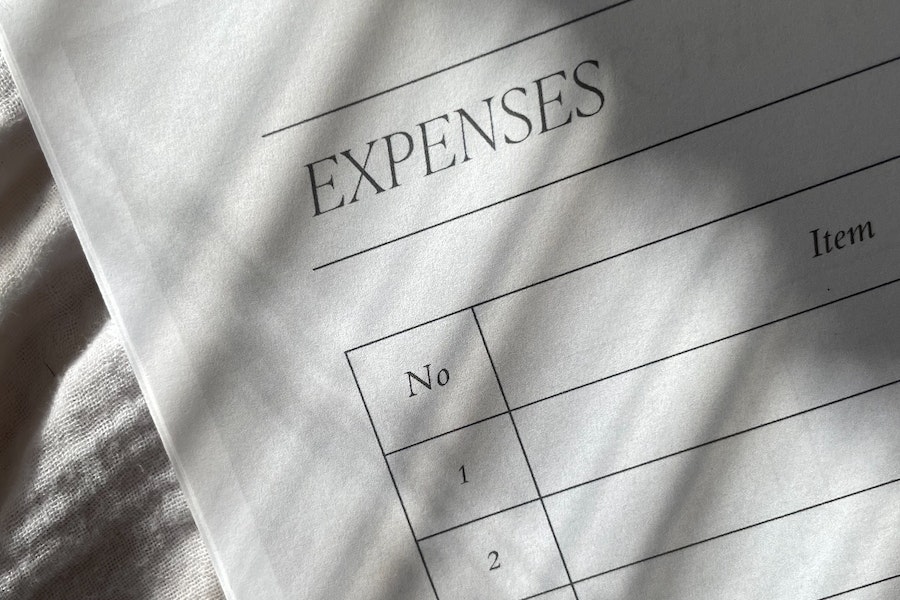Tax time rolls around each year whether you like it or not. As a small business owner, it can feel overwhelming, however it is possible to establish a routine and set of best practices that make lodging your tax return a more manageable experience.
Take a look at some tax tips for small business owners from a leading accounting firm in SE Queensland that focuses on tax-based accounting.
1. Work with a professional
This is probably the most essential tax tip for small business owners in Queensland or anywhere.
You are a specialist in your field and you are busy running your own business. Just as you wouldn’t advise your customers to try to do what you specialise in themselves, the same applies for managing this often complicated area of your finances.
Yes, it’s possible to take on your taxes yourself but you don’t know what you don’t know. It’s possible you could be missing out on some significant tax refunds, or that you could make a mistake which marks your business as not compliant with tax legislation.
Ideally, you will form a relationship with your tax accountant and meet regularly so you don’t have to deal with tax issues in one hit after June 30th.
2. Have a tax ‘bucket’
As the saying goes, the only inevitable things in life are death and taxes!
You can’t avoid paying taxes so you may as well be prepared. For every dollar in revenue your business earns, put a percentage aside. This amount can be advised by your small business tax accountant.
Keep this money in a separate account and don’t touch it. This way, you won’t be faced with a bill you can’t pay at tax time.
Another strategy is to make a quarterly tax payment instead of an annual one. You can work with your accountant to establish an estimate of what your tax bill will be and factor this into your quarterly BAS/GST. Doing this spreads the load. Many small business owners find it to be a more manageable way to deal with tax payments.
3. Separate and keep track of your revenue and spending
These days there are so many options to track revenue without the need for shoeboxes full of paper receipts.
Talk to your small business tax accountant for tips about the best systems and platforms to go digital when it comes to tracking your finances. For example, you may wish to use software like Xero or MYOB, which connect to your bank accounts and keep detailed records. These platforms are extra helpful because they work via ‘the cloud’, meaning you can log in from any device.
As a small business owner, it’s also important to keep your personal and professional spending separate. Set up different accounts and don’t be tempted to spend business money on personal needs, or vice versa.
If you have a bookkeeper staying on top of these systems on your behalf, you’ll find it much easier to see where every dollar has come from and been spent during the financial year.
4. Make the most of asset write-offs
In Australia, small businesses are eligible for instant asset write-offs for capital assets up to $30,000.
This means you can invest in capital assets that are used for business purposes and claim the expense as a tax deduction. A vehicle or piece of machinery could be an example of this.
Make sure you buy the item during the financial year that you intend to claim it in. And speak with your small business accountant first to make sure you can afford the item and will be able to claim the expense in your taxes.
5. Be clear on tax deductions
While your accountant is the expert, another tax tip for small business is to be aware of what you can and can’t claim as a tax deduction. This will help you decide how to spend your money during the year.
During COVID, legislation covering things like working from home may impact your tax return. This is something to note and discuss with your accountant.
Business-related expenses which are tax-deductible include:
- Work-related travel expenses (keep receipts or make notes in your online accounting software)
- Equipment like computers, printers or tools
- Depreciation on assets such as machinery or equipment
- Contributions to superannuation
- Insurance costs
- Subscriptions and memberships
- Training and education costs
- Uniform costs
- Marketing expenses
Your tax accountant’s fees may also be tax-deductible, which is another reason to invest in the
support of a professional to make life as a small business owner easier.
Remember that you may be asked to prove you have spent money on tax-deductible items so keep track with software and/or hard copy receipts.
6. Be open about bad debts
If a client hasn’t paid for something, this can be recorded as a bad debt and may be eligible for a tax deduction.
Speak to your small business tax accountant about any amounts outstanding and whether they should be written off in this way.
7. Be aware of tax depreciation
The assets your business owns like office space or heavy machinery lose value over time. This is known as depreciation.
Even the furniture and equipment in your home office could be identified as depreciating in value.
Another tax tip for small business owners is to share evidence of the assets you own and get recommendations on how to quantify depreciation.
8. Pay your super on time
As an employer, you owe your team superannuation payments. This is a tax write off if it is paid in the financial year when it is due.
Similarly, personal superannuation contributions can be a tax write off. This goes for individuals who choose to top up their super and small business owners who opt to pay themselves super.
See more: Good vs Great: how to pick a tax accountant
Mobbs & Company are small business tax accountants with offices on the Sunshine Coast, in Brisbane and Caboolture. Contact us for a free initial appointment.



